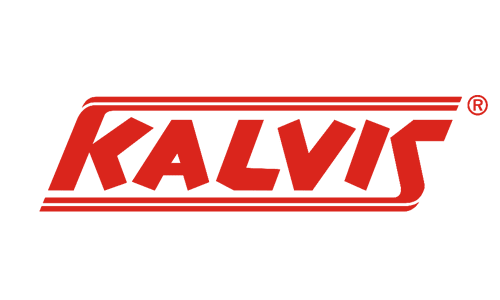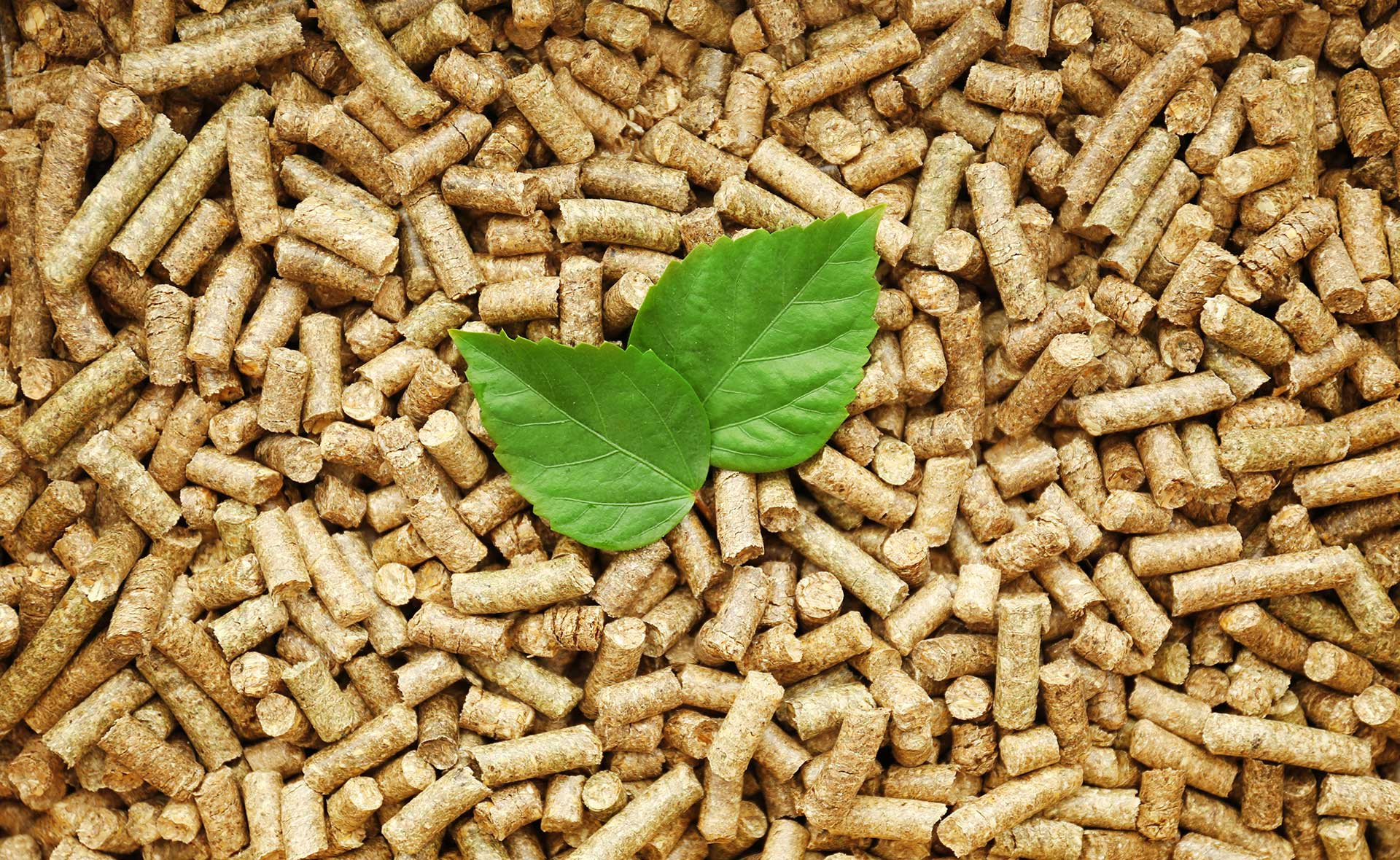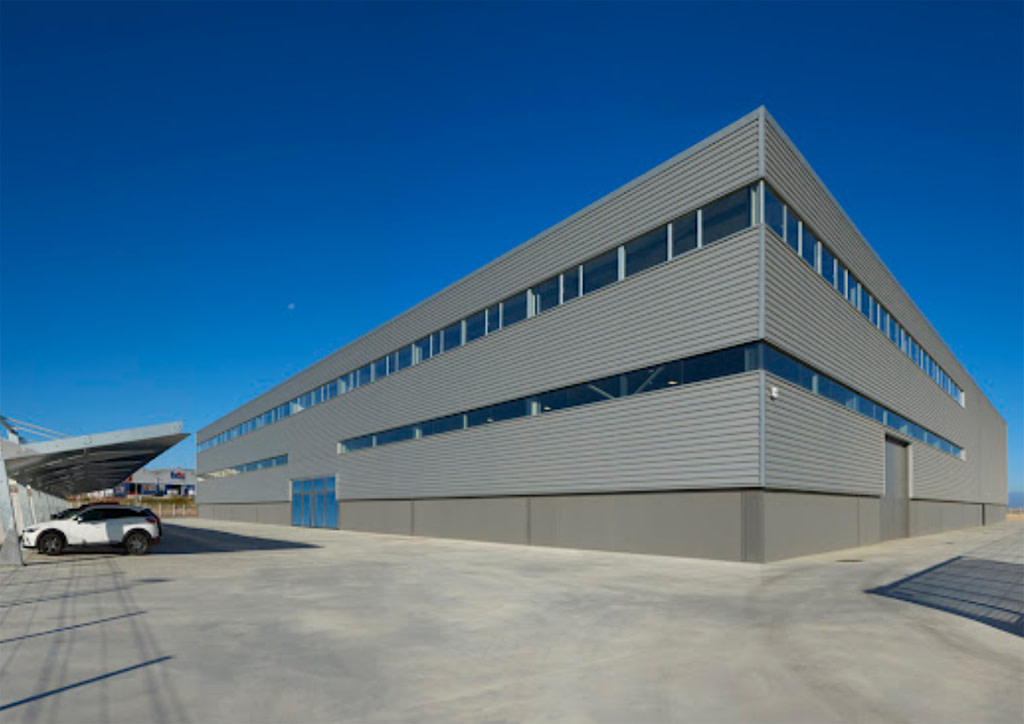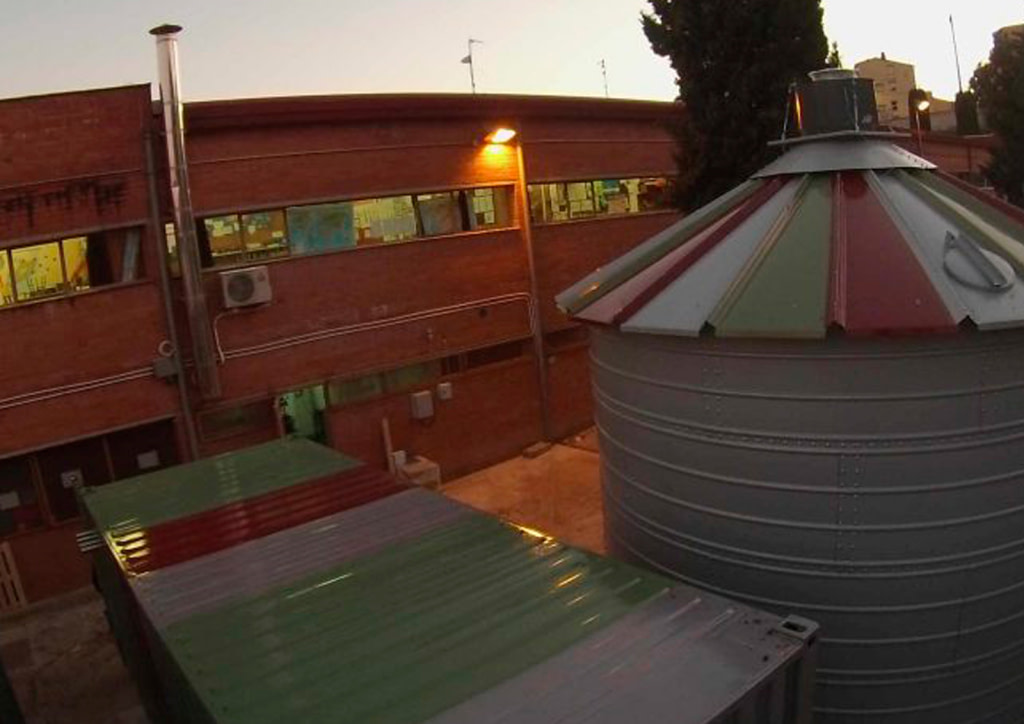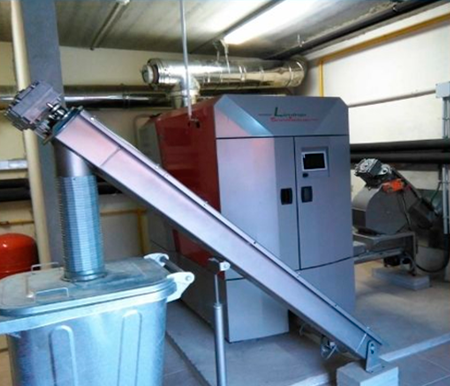Biomass
STUDY AND DESIGN:
The first stage involves a detailed study to determine the needs for heating, domestic hot water, or steam generation. Project parameters are defined, such as production capacity, the type of biomass to be used, the location of the boiler, and distribution systems.
SITE PREPARATION:
The area where the biomass boiler will be installed is prepared. This may include earthworks, constructing a technical room, and installing drainage systems if necessary.
BOILER INSTALLATION:
Once the site is prepared, the biomass boiler is assembled. This includes installing the boiler structure, burners, and other components necessary for its proper operation.
INSTALLATION OF BIOMASS FEED AND STORAGE SYSTEMS:
The necessary systems are installed to efficiently feed the boiler with biomass. This may include biomass conveyors, storage systems such as silos or bins, and, if needed, shredding equipment to process the biomass.
CONTROL AND AUTOMATION SYSTEMS:
Control and automation systems are installed to monitor and regulate the operation of the biomass boiler. This includes systems for controlling temperature, pressure, fuel flow, and other parameters.
TESTING AND ADJUSTMENTS:
Once the boiler is assembled and installed, tests are conducted to ensure its proper operation. Combustion parameters are adjusted, and all systems are checked to verify that they are functioning correctly.
COMMISSIONING:
Once testing and adjustments are completed, the biomass boiler is commissioned. This involves putting it into operation and beginning its use for heat or steam production.
OPERATION AND ONGOING MAINTENANCE:
Once operational, an ongoing operation and maintenance program is established. This includes regular monitoring, preventive maintenance, biomass supply, and compliance with regulations.
Is your company considering investing in biomass?
Benefits of Biomass Boilers for Businesses
Price Stability of Biomass:
The cost of biomass is not subject to international markets like fossil fuels, making it more stable and competitively priced when purchased in bulk. It is a more economical energy source since it is produced locally. Biomass is the most cost-competitive fuel for users, making a biomass boiler a cost-effective investment that provides thermal comfort.
High Calorific Value of Pellets:
With a calorific value of up to 4,100 kcal/kg per unit of weight, pellets are a cost-effective and renewable natural fuel. This provides biomass boilers with a thermal efficiency that can reach up to 90%.
Use of Clean and Renewable Energy:
Biomass emits neutral CO2, as it comes from natural sources that regenerate. The collection of forest biomass also helps clean forests, prevent wildfires, and make use of industrial waste, such as wood residues.
We take care of everything
Track record
With over a decade of experience, our team of engineers and installers provides you with a comprehensive, turnkey service of the highest quality.
Customized installation
We understand that each company is unique, which is why our team of engineers will study your case and provide an installation tailored to your needs and consumption levels, anticipating potential changes.
GRANTS, SUBSIDIES, AND INCENTIVES
Your company can benefit from grants for the use of photovoltaic solar energy under the Next Generation program, as well as reductions in property taxes (IBI). At Watt Energía, we handle the collection and management of all documentation so you can leave the paperwork to us.
PAYMENT OPTIONS
At Watt Energia, we offer our clients the possibility to finance the installation for up to 15 years. You can also choose a leasing or Power Purchase Agreement (PPA) with no initial investment and no amortization period, so you start saving from day one.
Our partners
We work with the Best Partners in the market to Offer You Superior Quality at a Competitive Price.



